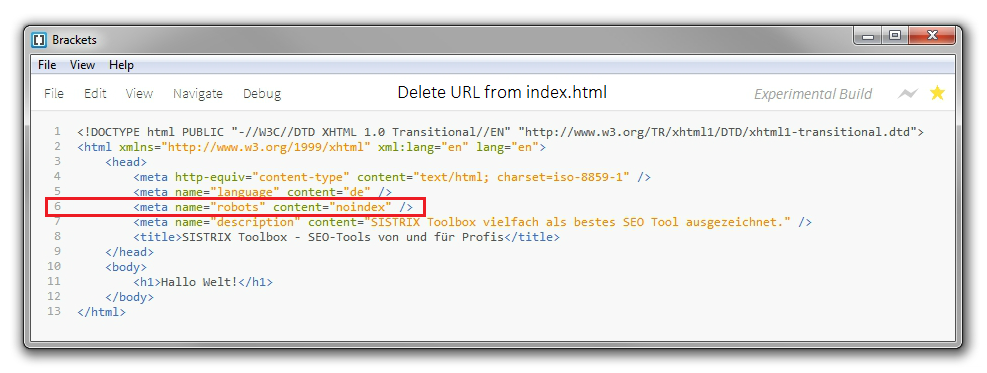Issue: Cannot start the database with SRVCTL start database -d testdb
srvctl start database -d testdb
PRCR-1079 : Failed to start resource ora.testdb.db
ORA-00119: invalid specification for system parameter %s
CRS-2674: Start of 'ora.testdb.db' on 'linux-rac01' failed
CRS-2528: Unable to place an instance of 'ora.testdb.db' as all possible servers are occupied by the resource already
ORA-00119: invalid specification for system parameter %s
CRS-2674: Start of 'ora.testdb.db' on 'linux-rac02' failed
To troubleshoot further if you try to open the database from SQLPLUS with any of the instances you will receive below error message.
SQL> startup
ORA-00119: invalid specification for system parameter REMOTE_LISTENER
ORA-00132: syntax error or unresolved network name 'linux-rac-scan:1521'
There is a remote.listener parameter in spfile/pfile. If you are using SPFILE then try to create a pfile using spfile with below command.
SQL> create pfile='/tmp/ptestdb.ora' from spfile='+Data/testdb/pfiletestdb.ora'
Open the pfile you will find a parameter *.remote.listener which will be something like this:
*.remote_listener='linux-rac-scan:1521'
The error here is because when I checked srvctl config scan I found that scan name is a fully qualified name linux-rac-scan.ingress.com where as here it is initial. So we need to modify this parameter and should change it to:
*.remote_listener='linux-rac-scan.ingress.com:1521'
Once the modification is done try to open the database on any of the instance using that particular pfile.
SQL>startup pfile='/tmp/ptestdb.ora'
Database will be opened without any errors. Once this modification is done try to re-create spfile using this pfile by below command.
SQL> create spfile='+Data/testdb/pfiletestdb.ora' from pfile='/tmp/ptestdb.ora'
Once the Spfile is created shutdown database and try to start the database using srvctl command.
srvctl start database -d testdb -o open
You will see that command will get successfully completed and your database will be up and running.
Hope this article will help you in your issue. If you have any trouble please feel free to drop a comments.
srvctl start database -d testdb
PRCR-1079 : Failed to start resource ora.testdb.db
ORA-00119: invalid specification for system parameter %s
CRS-2674: Start of 'ora.testdb.db' on 'linux-rac01' failed
CRS-2528: Unable to place an instance of 'ora.testdb.db' as all possible servers are occupied by the resource already
ORA-00119: invalid specification for system parameter %s
CRS-2674: Start of 'ora.testdb.db' on 'linux-rac02' failed
To troubleshoot further if you try to open the database from SQLPLUS with any of the instances you will receive below error message.
SQL> startup
ORA-00119: invalid specification for system parameter REMOTE_LISTENER
ORA-00132: syntax error or unresolved network name 'linux-rac-scan:1521'
There is a remote.listener parameter in spfile/pfile. If you are using SPFILE then try to create a pfile using spfile with below command.
SQL> create pfile='/tmp/ptestdb.ora' from spfile='+Data/testdb/pfiletestdb.ora'
Open the pfile you will find a parameter *.remote.listener which will be something like this:
*.remote_listener='linux-rac-scan:1521'
The error here is because when I checked srvctl config scan I found that scan name is a fully qualified name linux-rac-scan.ingress.com where as here it is initial. So we need to modify this parameter and should change it to:
*.remote_listener='linux-rac-scan.ingress.com:1521'
Once the modification is done try to open the database on any of the instance using that particular pfile.
SQL>startup pfile='/tmp/ptestdb.ora'
Database will be opened without any errors. Once this modification is done try to re-create spfile using this pfile by below command.
SQL> create spfile='+Data/testdb/pfiletestdb.ora' from pfile='/tmp/ptestdb.ora'
Once the Spfile is created shutdown database and try to start the database using srvctl command.
srvctl start database -d testdb -o open
You will see that command will get successfully completed and your database will be up and running.
Hope this article will help you in your issue. If you have any trouble please feel free to drop a comments.

